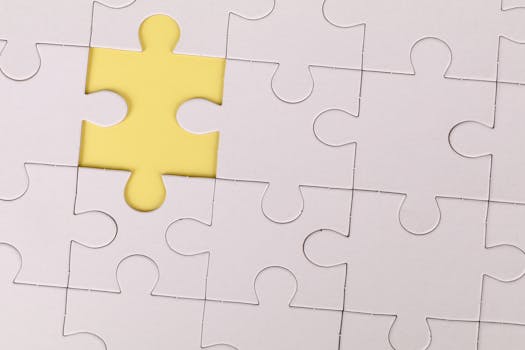Introduction

In today’s fast-paced world, time management has become crucial for anyone wanting to achieve personal and professional goals.
Time is the one resource many find slipping through their fingers. Techniques and strategies successfully implemented by others provide valuable insights for effective time management. This guide explores comprehensive strategies to take control of your time, enhance productivity, and achieve a balanced life.
1. The Importance of Time Management

Recognizing the significance of time management is the first step toward implementing better practices in your daily life. Efficient time management helps in prioritizing tasks, reduces stress, enhances productivity, and allows time for yourself.
Studies show that individuals with strong time management skills report lower levels of stress and have a greater likelihood of achieving their goals due to optimized resource allocation. These skills aren’t intrinsic; they can be developed with practice and foresight.
Effective time management incorporates planning, organization, and better decision-making.
2. Strategies to Enhance Time Management Skills

Embarking on a journey towards enhanced time management involves strategic steps. Here are key strategies to help make the most of your time:
2.1 Set Clear Goals
Developing clear, actionable goals is critical. Setting SMART (Specific, Measurable, Achievable, Relevant, Time-bound) objectives can pave the way for your success.
2.2 Prioritize Your Tasks
The Eisenhower Matrix can be a valuable tool when prioritizing tasks. Classify tasks by dividing them into four quadrants:
- Important and Urgent
- Important but Not Urgent
- Not Important but Urgent
- Not Important and Not Urgent
2.3 Use a Planner or Scheduling Tool
Whether you prefer a digital app or a paper planner, using a tool to organize your task list can significantly boost your ability to manage time effectively. Regular reviewing and updating your planner keeps you on track.
2.4 Break Tasks into Smaller Steps
Simplifying tasks into smaller steps makes them less daunting and keeps you motivated as you accomplish these mini-milestones.
2.5 Manage Distractions
Distractions and interruptions can significantly derail your productivity. Identify your primary distractions and build strategies to minimize them.
3. Maintaining Work-Life Balance

Effective time management isn’t just about productivity; it encompasses creating a work-life balance that supports personal well-being.
Stress management reduces burnout. Ensuring that time is allocated for relaxation, exercise, hobbies, or spending quality time with family is as vital as working. Striking that balance can revitalizing creativity and motivation.
4. Tools and Resources for Better Time Management

A wide range of tools facilitate the improvement of time management skills. They fit every approach, preference, and profession:
- Trello: Great for project management with a friendlier user experience.
- RescueTime: Tracks where your time is going and highlights distractions.
- Evernote: Fantastic for note-taking and keeping to-do lists organized.
5. Conclusion

Time management is less about squeezing every ounce of productivity out of your routine and more about respecting and valuing time.
By implementing diverse strategies and employing useful tools, individuals can cultivate skills that empower both personal and professional gains, encourage well-being, and even create opportunities for advance in one’s social life.
Takeaways

- Understand the importance of time management for success and reduced stress.
- Implement the Eisenhower Matrix or prioritized task lists to stay ahead.
- strive to maintain a balance between work and personal life.
Sources

- Allen, David. Getting Things Done: The Art of Stress-Free Productivity. Penguin USA, 2001.
- Covey, Stephen R. The 7 Habits of Highly Effective People. Free Press, 1989.
- Zigot, N. Time Management for Dummies. Wiley, 2020.



